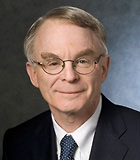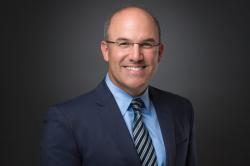

2:00 pm EDT - 4:00 pm EDT
Past Event
2:00 pm - 4:00 pm EDT
1775 Massachusetts Avenue N.W.
Washington, DC
20036
America’s anti-money laundering (AML) system is designed to catch criminals and deter illicit activity. Since its inception in the 1960s, AML has grown beyond organized crime and tax evasion to combat drug dealers, human trafficking, and after September 11, 2001, terrorists. Today, AML compliance is a multi-billion-dollar industry generating millions of annual reports and is used in law enforcement cases spanning a wide range of activities.
New questions about AML’s goals, effectiveness, and impact on financial inclusion today have prompted proposals in Congress to modify AML in significant ways. On September 11, Brookings convened current and former policy makers and leading thought leaders to examine whether we have arrived at the right place with our AML policy, and if not, what needs to change.

Moderator

Panelist




Sarah Graham, Lama Mohammed, Joshua A. Tucker
December 17, 2024
2025
The Brookings Institution, Washington D.C.
Wednesday, 10:00 am - 11:00 am EST

Janice C. Eberly, Sanjay Patnaik, Jón Steinsson, Conor Walsh
December 4, 2024